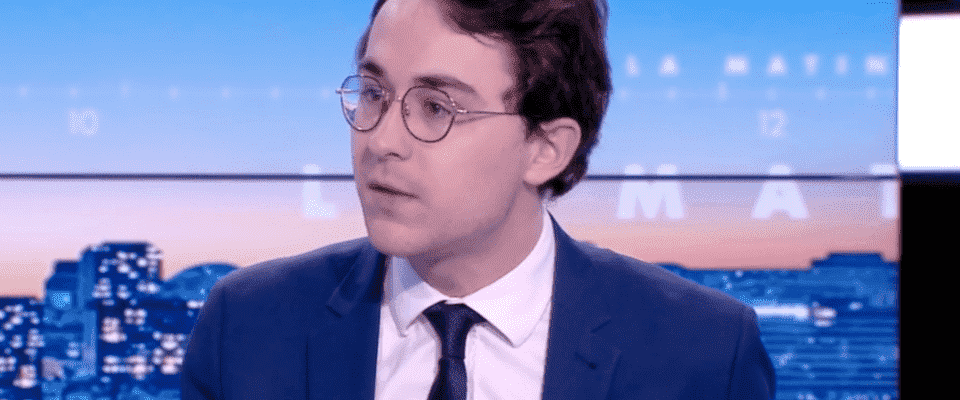In his editorial on Wednesday, December 29, Paul Sugy, journalist at Le Figaro, discusses the implementation of self-tests, available until January 31 in supermarkets.
The sale of self-tests in supermarkets has been authorized on an exceptional basis by the government, since yesterday and until January 31. This is good news: they are a precious weapon in the fight against the epidemic since they make it possible to avoid infecting those close to you when you know you are carrying the virus.
The fact remains that we are collectively entering the age of the self-test: with the Covid-19, it is becoming more democratic and commonplace, and is no longer only the prerogative of women suspecting pregnancy or people with diabetes.
We are still talking about different kinds of self-tests: the pregnancy test is a separate screening category, you are not sick when you are pregnant, and you do not need to rush to your doctor when you are pregnant. learns that we are. But the systematization of the recourse to the self-test undeniably marks a new stage in the modern age of health, by establishing a disintermediated relationship with the disease, thereby relieving pharmacies or laboratories which no longer obviously have the capacity. to test anyone who needs it.
This deserves our attention for a moment. Of course, individual screening does not replace the subsequent recourse to a safer test in a pharmacy, or a medical consultation in case symptoms appear, but it is now almost a prerequisite, and it is not excluded that this will happen. generalizes to other forms of screening. Forgotten, the blood test in a medical analysis center or the little wee at the doctor, the medical consultation will now begin in his sofa, swab in hand. Significant progress is also being made in other forms of screening, particularly cancer screening. Again, this is a very beautiful thing.
Yet Matthew Taylor, the CEO of the NFS Confederation in the United Kingdom, does not hide his concern: in a column published by Wired magazine, the latter fears that the massive use of preventive screening for a number of diseases will end up causing discrimination against those who know they are sick or at risk; in addition, the cost of these tests could lead the richest to benefit from them much more regularly than the others, thus obtaining priority in the queues for emergencies: those who know they are probably sick following a self-test could for example be treated first.
In Slate, Thomas Messias also specifies that preventive medicine (people who want to have an operation before even being sick, fearing a higher probability of being sick one day) risks further disrupting the healthcare system. The multiplication of self-tests for relatively harmless diseases would in any case be a reversal.
Basically, there is a real philosophy of individual screening, totally against the last great revolution in our relationship to health, that is to say the introduction of social security and a free health care system. universal. Where yesterday the idea that everyone’s health was everyone’s business was established, today it is decreed that everyone’s health depends on everyone’s responsibility. The age of the self-test is in itself a compendium of the intuitions and principles of the fathers of liberal philosophy. “Man is a wolf to man,” said Hobbes; today everyone is potentially a source of infection for others, and in the vast Leviathan of the state of health emergency, my freedom ends where the health of others begins.
If their use becomes commonplace and survives the current pandemic, which is more than likely given their effectiveness and increased performance, self-tests will gradually accustom us to considering disease as the norm and health as the norm. the exception: preventive screening supposes that the exercise of a freedom is conditioned by the assurance that my health allows me to enjoy it without compromising the health of others. Little by little the world turns into a vast hospital in which patients are asked to ask the nurse on duty for permission to leave their room.
